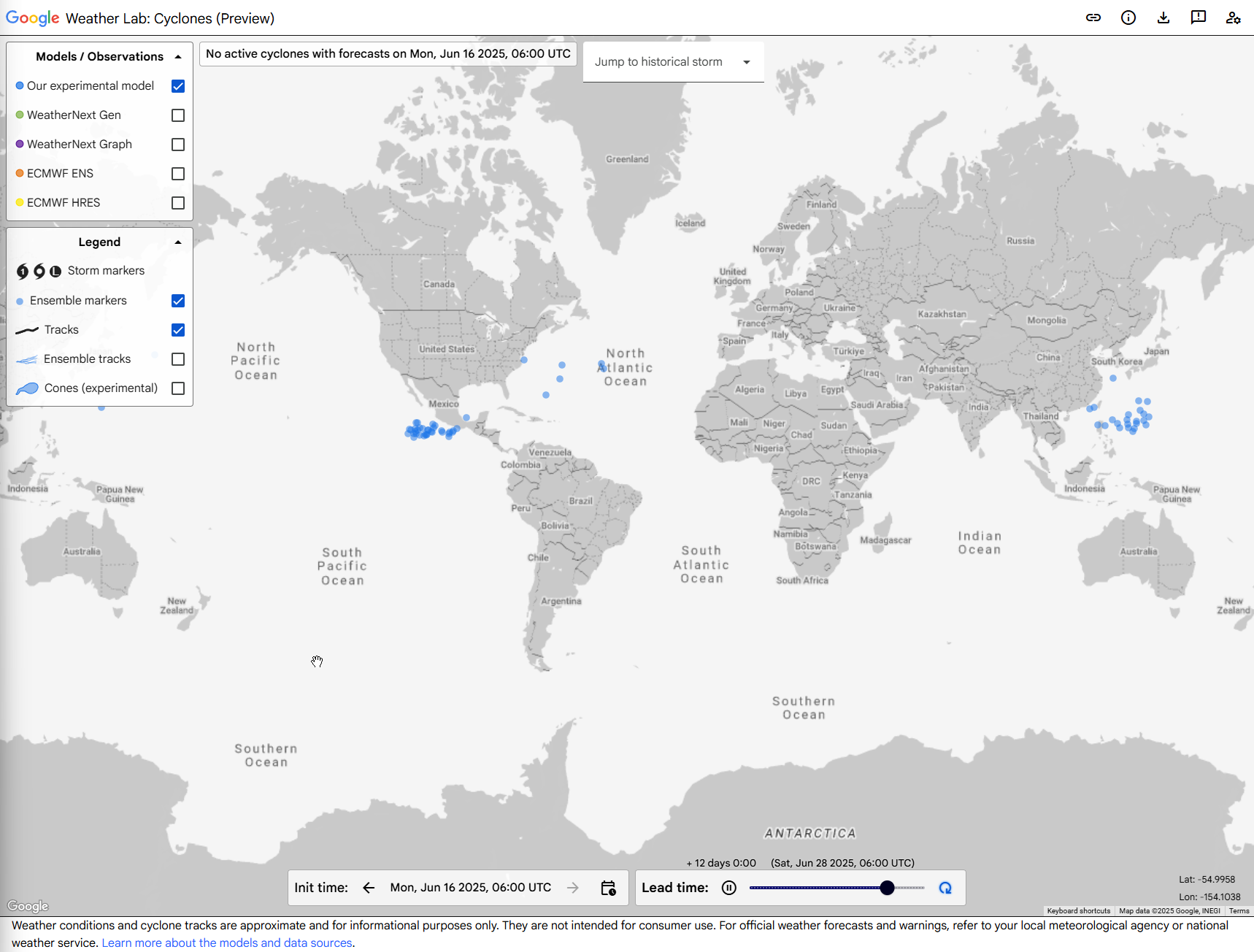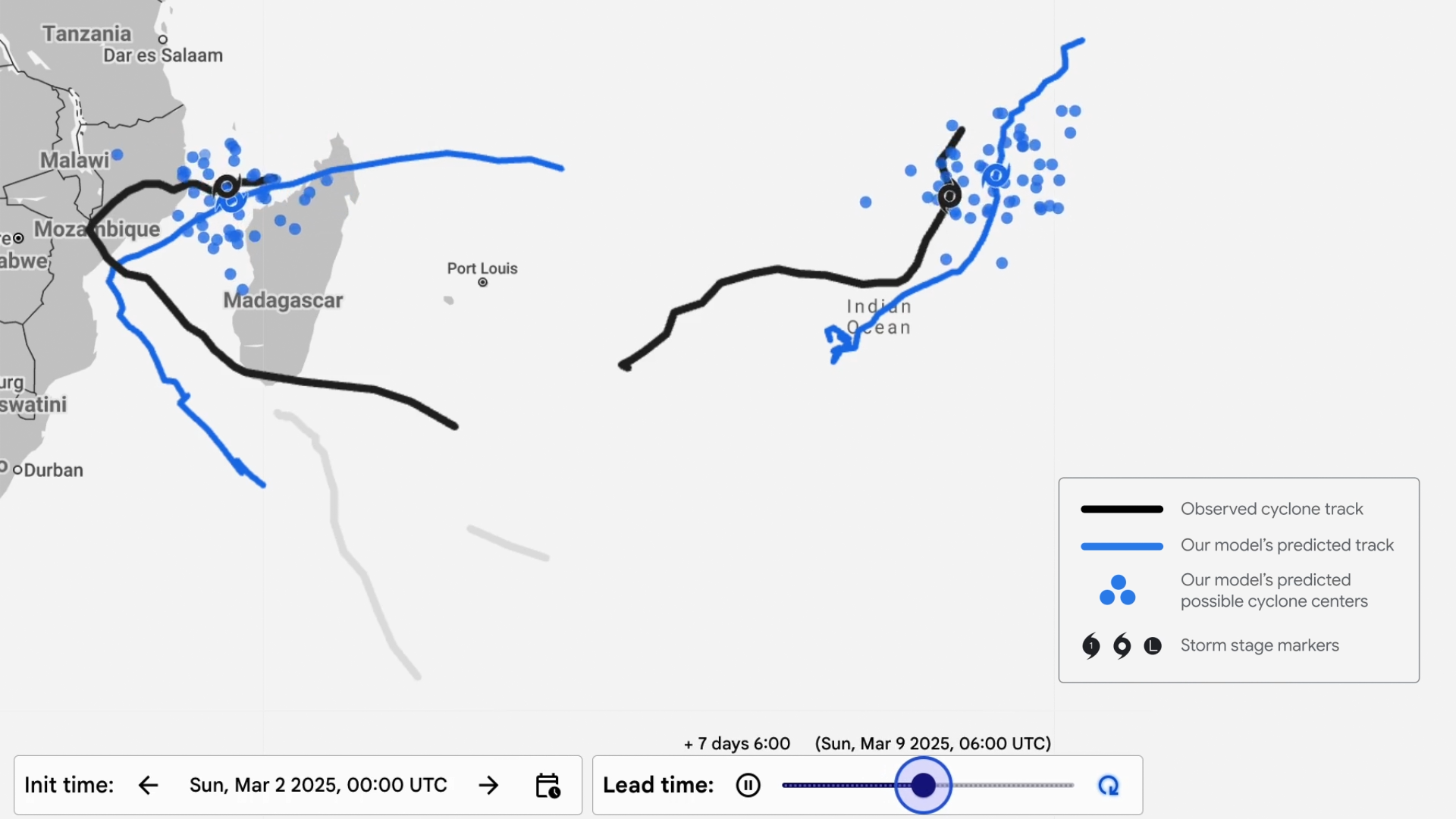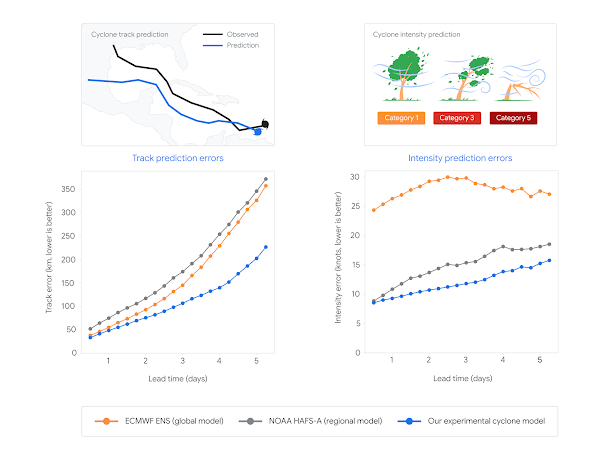When it comes to extreme weather, even a few hours' notice can mean the difference between disaster and safety. Google DeepMind and Google Research are addressing this critical need with Weather Lab, an innovative platform using artificial intelligence to predict tropical cyclones with unprecedented accuracy.
As weather events become more severe, AI-driven forecasting tools could be life lines for vulnerable communities worldwide.
The High Stakes of Accurate Cyclone Prediction
Tropical cyclones have caused over $1.4 trillion in damages in the past five decades. Their complex, unpredictable nature makes forecasting both their path and intensity immensely challenging with traditional methods. Improved predictions enable better preparedness, timely evacuations, and can significantly reduce casualties and economic losses.
Inside Weather Lab: A New Era for Forecast Models
Weather Lab is an interactive online resource where users can explore advanced AI-powered cyclone predictions.
Its core is an experimental model that employs stochastic neural networks, generating 50 possible storm scenarios up to 15 days ahead. This integrated system forecasts not just where a cyclone will go, but also its formation, strength, size, and shape all at once.
- Real-time insights: The platform delivers live forecasts, allowing side-by-side comparisons with established models from leading agencies like ECMWF.
- Historical data access: Over two years of archived predictions and storm data support deeper analysis and model evaluation.
- Transparency: Users can compare AI results with traditional physics-based forecasts, offering meteorologists valuable context for decision-making.
Surpassing Traditional Forecasting Methods
Traditional cyclone models face a compromise: global models excel at tracking paths while regional, high-resolution systems are better at gauging intensity.
Google’s AI model bridges this gap by delivering top-tier accuracy for both aspects. It’s trained on a massive dataset of nearly 5,000 storms, leveraging both global weather analyses and cyclone-specific observations.
- Track accuracy: On average, its 5-day track forecasts are 140 km closer to the true storm position than ECMWF’s current best, effectively extending forecast skill by 1.5 days.
- Intensity forecasting: The model also outperforms NOAA’s HAFS in predicting storm strength, a breakthrough for AI in meteorology.
- Comprehensive predictions: Early results show it matches physics-based models for cyclone size and wind field forecasts.
Evaluations of the experimental cyclone model’s track and intensity predictions compared to leading physics-based models ENS and HAFS-A. Evaluations use NHC best-tracks as ground truth and follow their homogenous verification protocol.
Global Collaboration Ensures Scientific Rigor
Weather Lab’s development is rooted in collaboration with top agencies, including the U.S. National Hurricane Center, CIRA, the UK Met Office, the University of Tokyo, and Weathernews Inc. in Japan.
These partnerships ensure the model is rigorously evaluated and benchmarked against the best operational systems. Real-time tests during the 2025 hurricane season will further refine its accuracy and practical value.
Supporting Safer Decisions for All
By integrating AI and traditional models, Weather Lab empowers weather agencies and emergency responders to make faster, more informed decisions.
This can lead to earlier evacuations, better resource planning, and clearer risk communication. However, as a research initiative, Weather Lab complements official forecasts and warnings rather than replacing them.
Charting the Future of AI in Meteorology
Weather Lab’s open approach is fostering global collaboration, with Google DeepMind sharing its models, data, and results to invite feedback and ongoing improvement. This spirit of transparency aims to advance forecasting science and help communities better prepare for the escalating risks posed by tropical cyclones.
Source: Google DeepMind Blog




Google DeepMind's Weather Lab Is Modernizing Cyclone Forecasting with AI